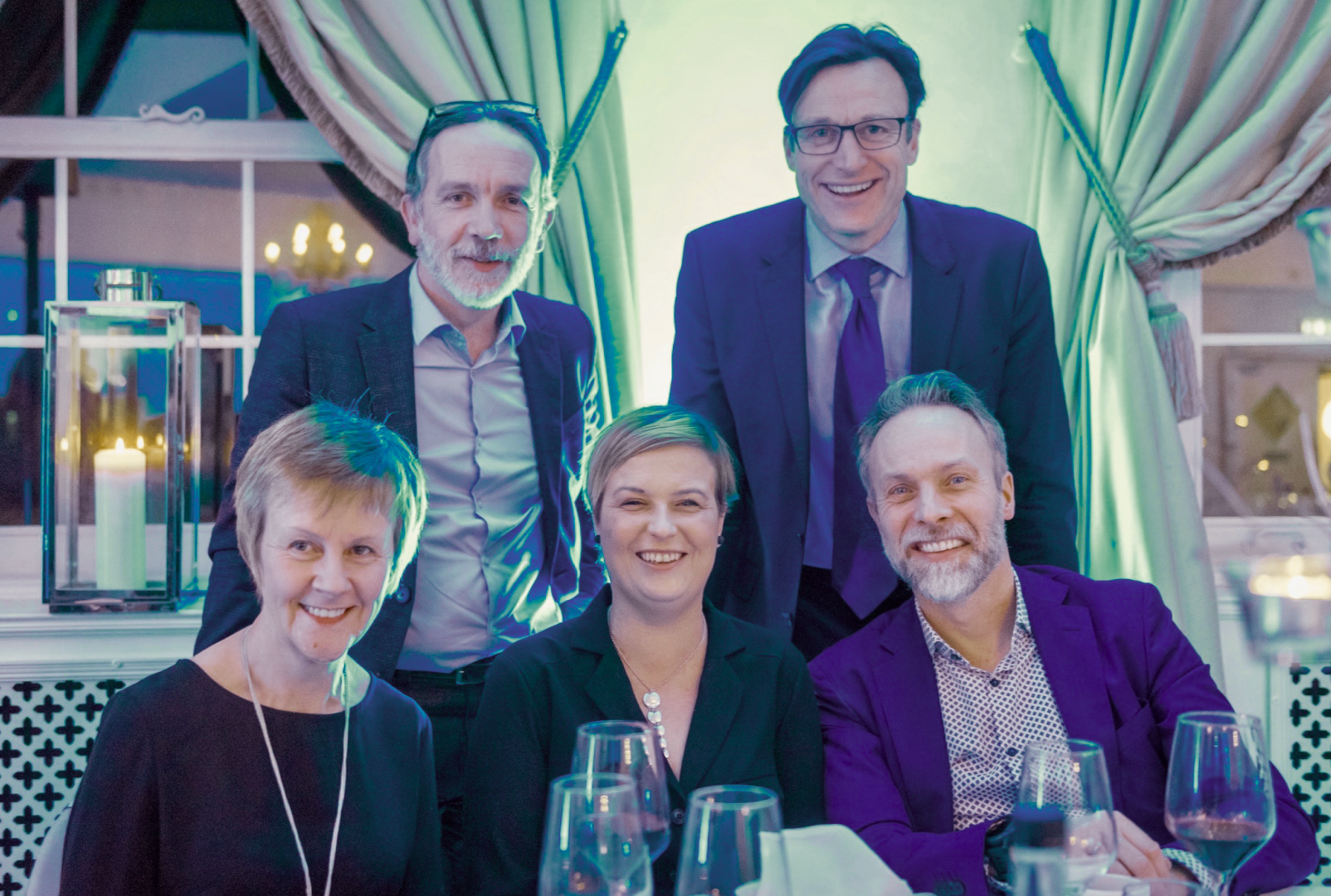News
Covid-19
- I am currently providing an out patient service as normal and am offering a telephone consultation service for those unable to attend. Please contact Rachel (01159662123) if you need an appointment.
One-stage implant reconstruction
I am been involved in many studies investigating ways of improving the outcome of implant reconstruction. A variety of materials are now available which, if used correctly, make implant reconstruction a much better option than it used to be.
Current studies include:
- The use of a synthetic mesh in implant reconstruction
- The use of software to calculate breast volume and simulate the outcome of surgery
- The use of a special camera to demonstrate the location of blood vessels to the nipple before surgery
- Quality of life outcome of implant reconstruction
- Techniques of pre-pectoral implant reconstruction (implant in front of the muscle)
3D Breast Imaging
- 3D breast imaging is useful to plan surgery and can be used to simulate the outcome of surgery. I am able to offer 3D breast imaging.
- This is particularly useful in cosmetic breast surgery but can also be helpful in breast reconstruction. It can show you how you will look after breast surgery using an image of your own breasts.
ORBS International Oncoplastic and Reconstructive Breast Surgery meeting
- I organise the international ORBS meetings in Nottingham and Reykjavik. Details of forthcoming meetings are available at www.orbsmeetings.com
Breast Implants
- I am able to offer the B-Lite implants. These implants are approximately 1/3rd lighter than normal breast implants and are particularly useful in women who have or require relatively large implants.
- I also use Motiva, Sebbin and Mentor implants.
- I have never used PIP implants. All implants I use are, in my opinion, the best quality and are guaranteed against rupture.
BIA-ALCL
Breast Implant Associated Anaplastic Large Cell Lymphoma (BIA-ALCL) is a very rare type of blood cell cancer, which has been described in relation to breast implants. The first UK case was reported in 2012 and the most up to date figures indicate an estimated risk of around 1 case of BIA-ALCL for every 25,000 implants sold.
BIA-ALCL can appear several years after the implant surgery and usually presents with rapid, painless swelling of one breast as a result of fluid collecting around the implant. It is diagnosed by sending off a sample of this fluid to be analysed in a laboratory. BIA-ALCL is very treatable and, if diagnosed early, is most often treated with surgery alone. Surgery involves removing the implant and the capsule surrounding it. Very occasionally treatment also involves a type of chemotherapy.
The reason why breast implants can cause BIA-ALCL is not fully understood and may involve a variety of factors. One of the suggested theories is that it is caused by the way some patients react to the surface texture of implants. Another theory is that it is caused by a low-grade chronic infection around the implant. Research is on-going but is yet to provide a definitive answer.
In the UK and in Europe in general, the vast majority of implants used are textured. This is because texturing of an implant surface reduces the risk of capsule formation (scar tissue that forms around implants) and in naturally shaped implants it also reduces the risk of implant rotation. Hence textured implants are generally preferred over smooth implants. Preventing infection in breast implant surgery is always of the utmost importance for many reasons and lots of steps are taken to avoid it.
In my practice I have almost always used textured implants and have always chosen those that I believe to be the best that are available. Since being alerted to the risk of BIA-ALCL this rare risk has been included in my discussion about risks of implants and problems that we see with them, of which there are many. However, implants remain extremely safe and the benefits of using them in the right situation massively outweigh the risks.
There is no evidence for and hence no need for anyone with breast implants to have their implants removed or to change their implants because of the recent publicity around BIA-ALCL. However, anyone with breast implants who is aware of breast swelling, particularly one that just affects one side and has appeared quite quickly should see their GP and be referred for an examination and ultrasound scan.
Fat Banking
- I am able to offer fat banking to women who require multiple fat grafting procedures. This means that after the first operation, any subsequent procedures are very small operations with a very quick recovery time.
- I am currently conducting a study looking at the health economics of fat grafting.
Nottingham Ambassadors
- The ORBS team are made Nottingham Ambassadors.
